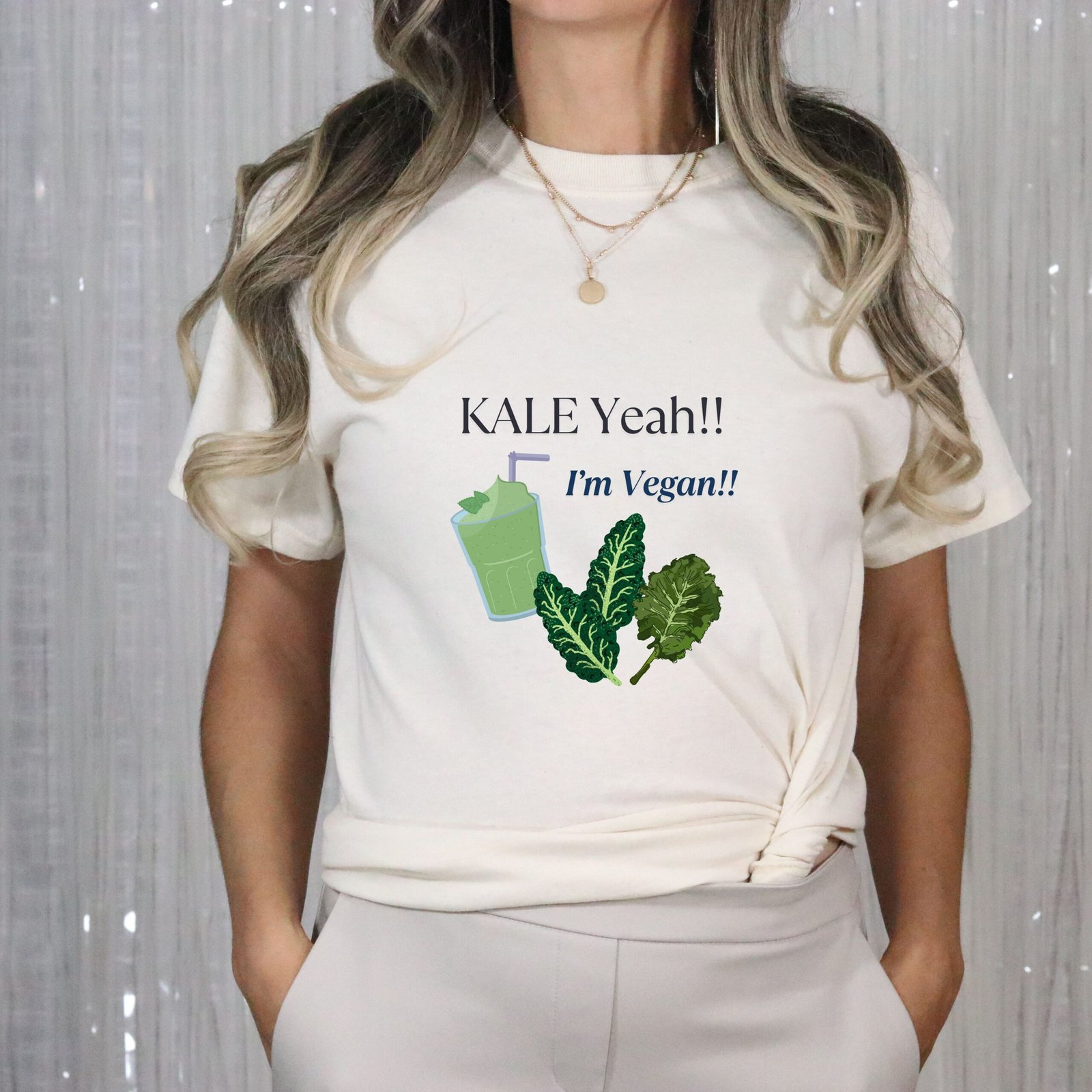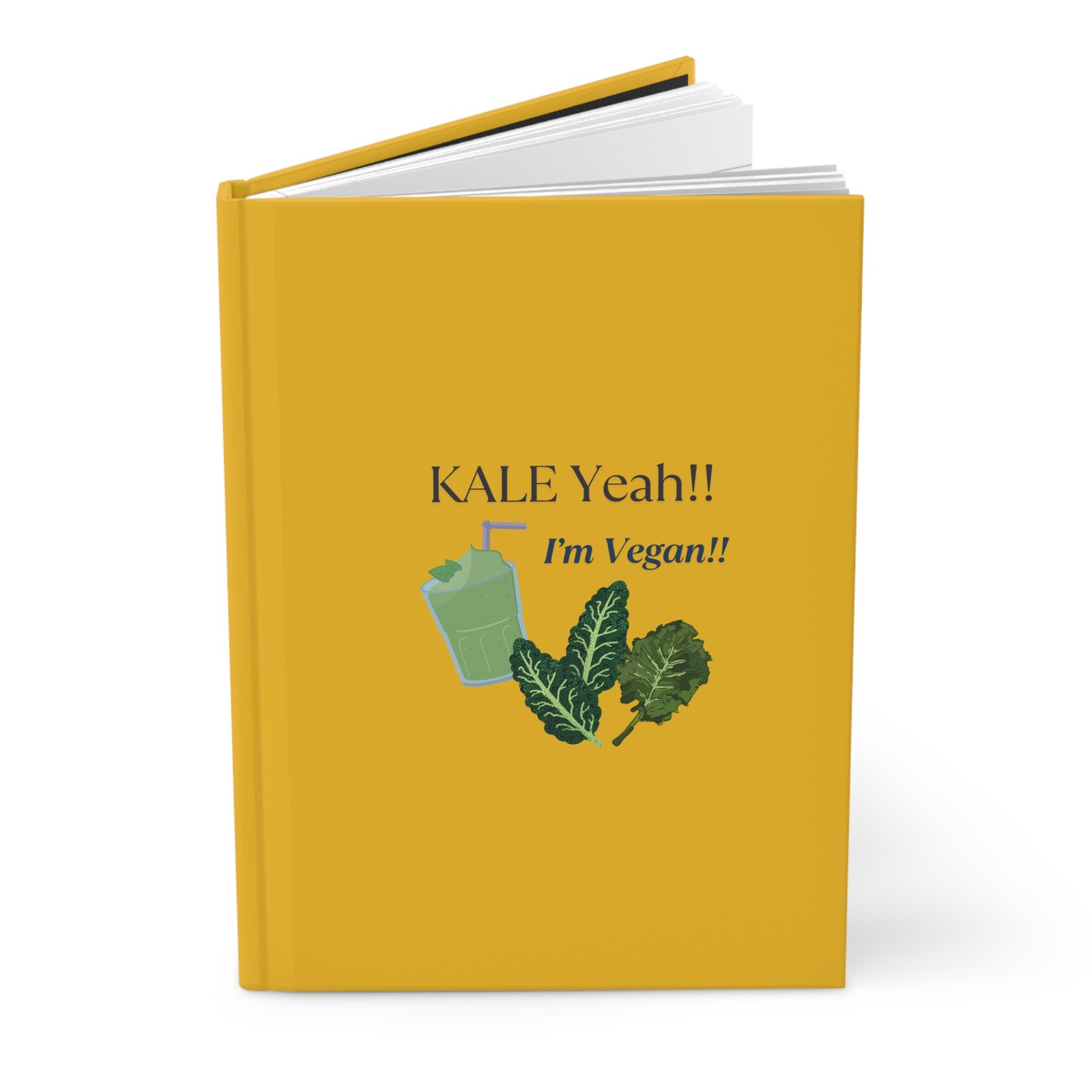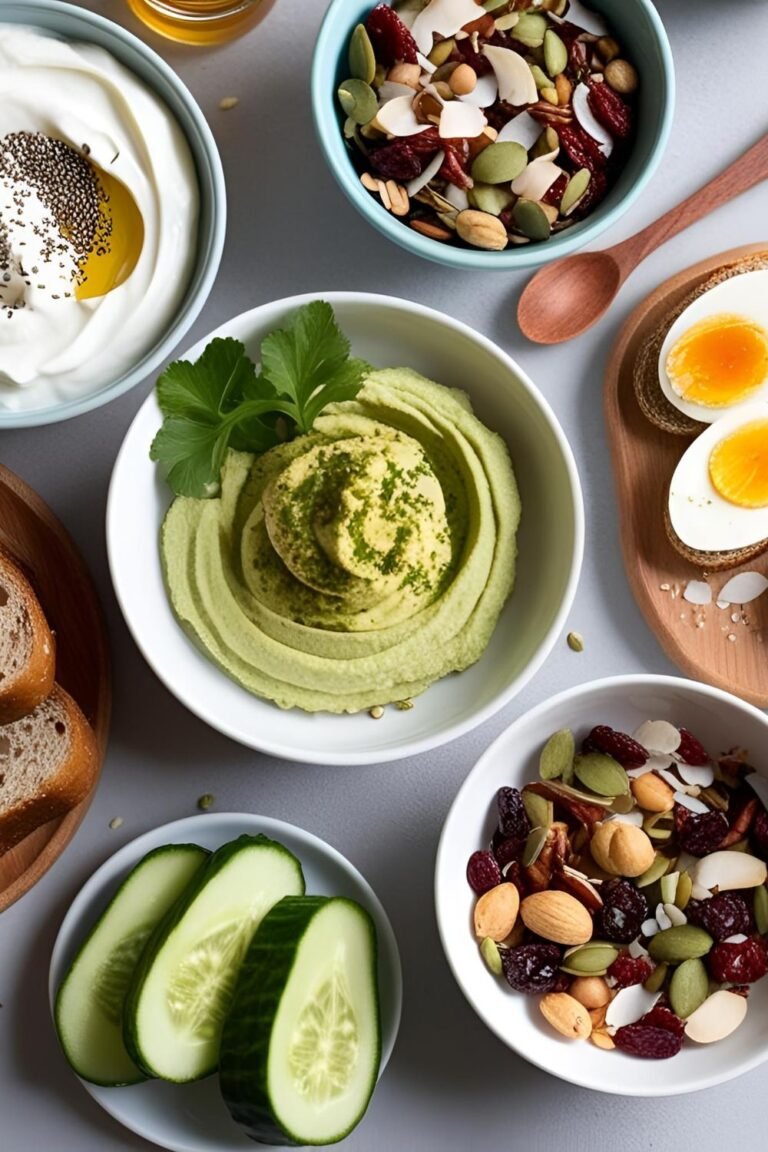Vegan vs. Plant-Based : What’s the Difference & Which One Fits You?
In recent years, “vegan” vs “plant-based” have gained popularity, often used interchangeably. However, they represent distinct approaches to eating and living. Let’s delve into their differences and explore which might align best with your lifestyle.
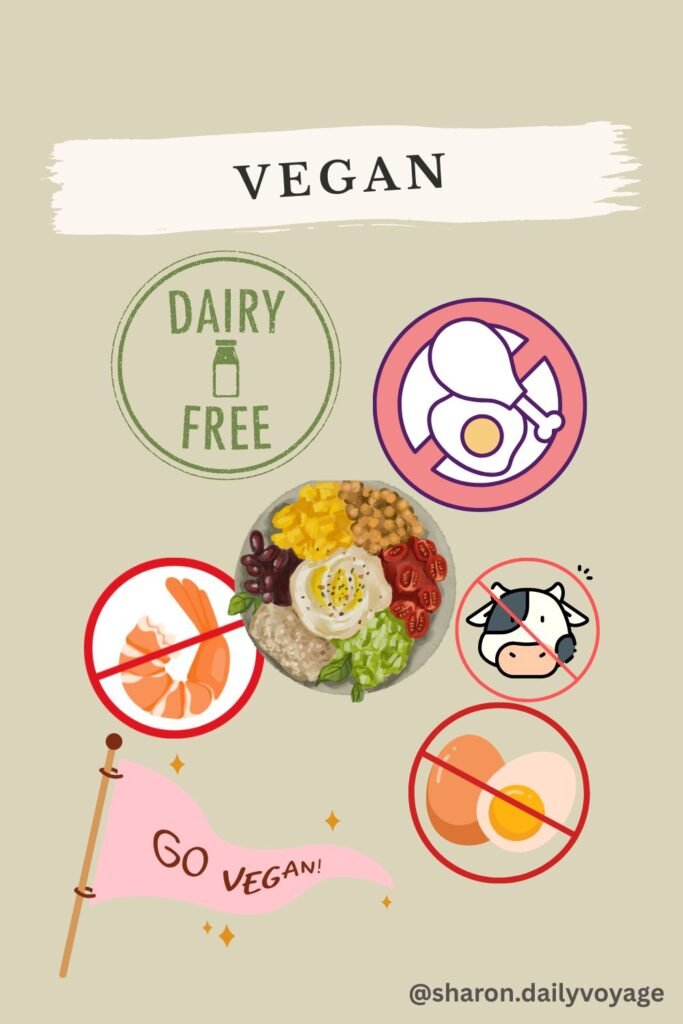
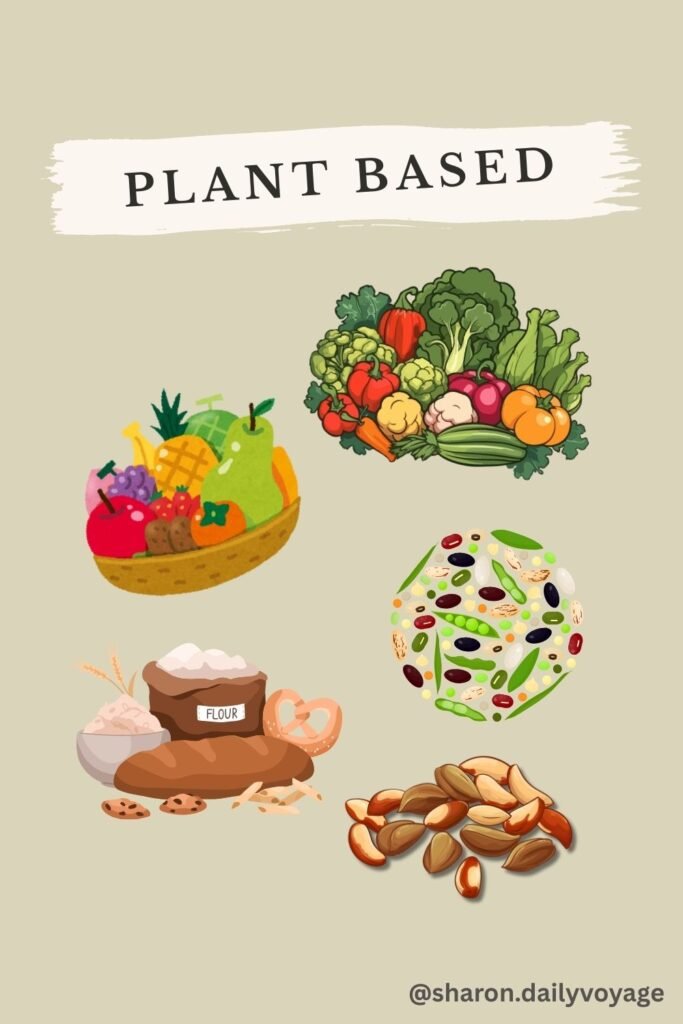
What Does “Plant-Based” Mean?
A plant-based diet emphasizes foods primarily from plants, including:
- Fruits and vegetables
- Whole grains
- Legumes (like beans and lentils)
- Nuts and seeds
This approach focuses on whole, minimally processed plant foods, aiming to increase the intake of nutrients while reducing the consumption of animal products and processed foods.
While some individuals on a plant-based diet may still consume small amounts of animal products, the emphasis is on plant-derived foods. The primary motivation for adopting a plant-based diet is often health-related, aiming to improve overall well-being and prevent chronic diseases.
What Does “Vegan” Mean?
Veganism extends beyond dietary choices to encompass a lifestyle that seeks to exclude all forms of animal exploitation and cruelty. This includes:
- Diet: No meat, dairy, eggs, or other animal-derived ingredients.
- Clothing: Avoiding leather, wool, and silk.
- Products: Steering clear of cosmetics or household items tested on animals.
Many people choose veganism for ethical reasons, aiming to reduce harm to animals and the environment. citeturn0search2
Similarities Between Vegan and Plant-Based
- Health Benefits: Both diets are associated with lower risks of chronic diseases like heart disease and type 2 diabetes.
- Environmental Impact: Reducing animal product consumption can decrease your carbon footprint and conserve water resources.
- Focus on Whole Foods: Both lifestyles encourage the consumption of whole, minimally processed plant foods.
Which One Fits You?
- Choose a Plant-Based Diet if you’re looking to improve your health by focusing on whole, plant-derived foods without completely eliminating all animal products.
- Choose Veganism if you’re committed to a lifestyle that avoids all forms of animal exploitation and cruelty, extending beyond just dietary choices.
There’s no one-size-fits-all approach. It’s about finding what aligns with your values and health goals.
My Personal Experience with Vegan vs. Plant-Based
After experimenting with both diets, I found that a vegetarian diet resonates more with me than a vegan one. While I appreciate the ethical and environmental reasons behind veganism, I realized that I missed certain foods like cheese and yogurt, which are staples in a vegetarian diet. The flexibility of vegetarianism allowed me to enjoy these foods while still reducing my overall meat consumption. This balance has made my dietary journey more sustainable and enjoyable, aligning better with my personal preferences and lifestyle.
Some resources that I found helpful
Vegan Based Cookbook – 300+ Vegan Based Recipes
The Plant-Based Recipe Cookbook – Deliciously Vegan Recipes
I also share some of my favorite collections from travel essentials to beauty favorites on Shopmy, please check it below:
🌿 Ready to Feel Your Best ? 🌿
Hey there! Looking for simple ways to feel better, eat well, and live more mindfully? Sign up for our newsletter and get easy wellness tips, cozy recipes, and gentle reminders to take care of yourself—no pressure, just good vibes.
Shop My Daily Reflection & Wellness Hardcover Journal
*Disclaimer : The diet and lifestyle information provided on this blog is intended for general informational purposes only and does not constitute medical or nutritional advice. Always consult with a licensed healthcare provider, nutritionist, or dietitian before making significant changes to your diet, exercise, or wellness routine. What works for one person may not be suitable for another, and individual results may vary.

